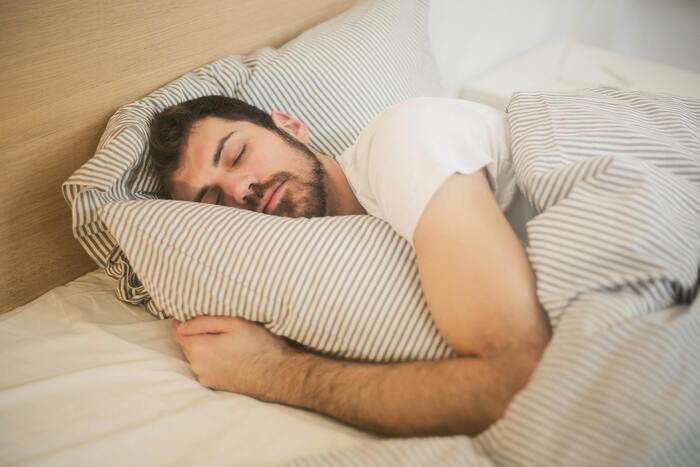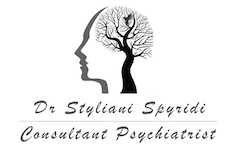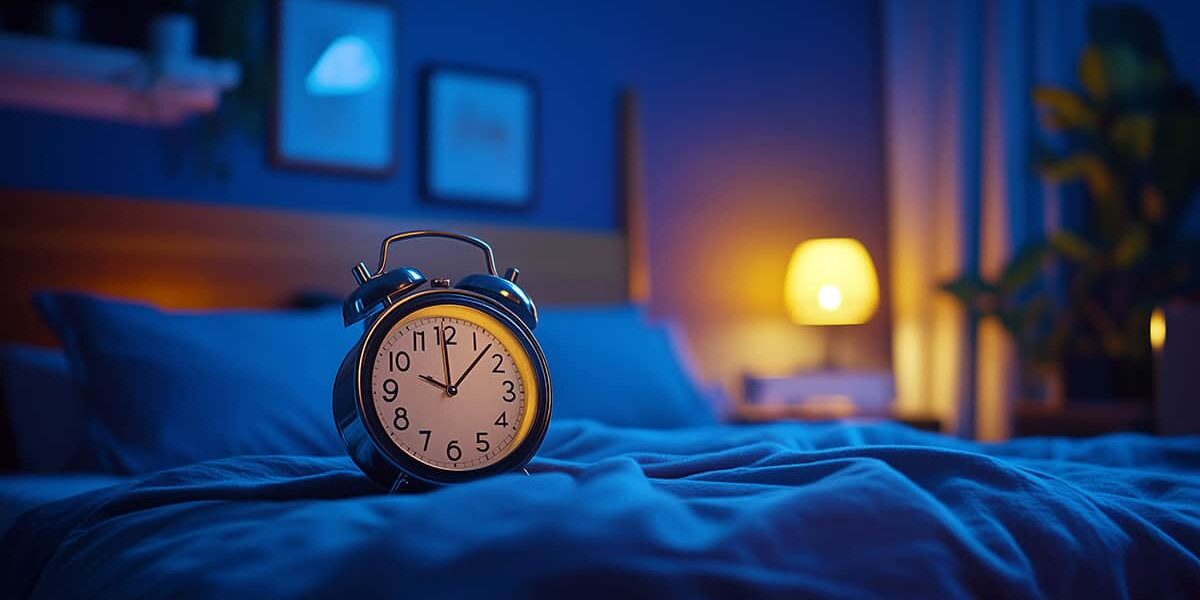Sleep is not simply rest. It’s a biological reset—impacting immune function, metabolism, emotional balance, and…

“The Impact of Sleep on Mental Health: What You Need to Know”
Sleep plays a crucial role in our overall health and well-being, but did you know it also has a significant impact on mental health? A recent study published in Journal of Affective Disorders (March 2025) sheds light on the complex relationship between sleep disturbances and psychiatric disorders like depression, anxiety, and other mood disorders. This article explores how improving sleep can positively affect mental health and why it’s essential to address sleep issues as part of any mental health treatment.
Understanding the Connection Between Sleep and Mental Health:
The relationship between sleep and mental health is both complex and bidirectional, meaning that sleep disturbances can not only result from mental health issues but also contribute to their development. Research in Journal of Affective Disorders (2025) highlights that individuals with sleep problems, such as insomnia or poor-quality sleep, are at a significantly higher risk of developing mental health issues like depression and anxiety. Conversely, those experiencing mental health disorders, such as depression, often face sleep disturbances, creating a vicious cycle that can be difficult to break.
Source: Journal of Affective Disorders – “The Role of Sleep in Mental Health” (March 2025)
Sleep and Its Role in Depression and Anxiety:
Poor sleep is particularly linked to increased risks of depression and anxiety. In fact, sleep disturbances are considered one of the most common symptoms of these conditions. According to research published in JAMA Psychiatry (2021), individuals with disrupted sleep patterns are more likely to experience depressive episodes and heightened anxiety levels.
Why is this? One possible explanation is that sleep deprivation affects brain chemicals and hormones that regulate mood, stress, and overall emotional balance. The study in Psychiatry Research (2023) found that sleep disturbances can increase the levels of cortisol, a stress hormone, while lowering serotonin levels, which are linked to feelings of well-being. These imbalances may lead to the onset or worsening of mood disorders.
Source: JAMA Psychiatry – “The Role of Sleep Disturbances in Anxiety and Depression” (2021)
Source: Psychiatry Research – “Impact of Sleep Disturbances on Psychiatric Disorders” (2023)
How Sleep Hygiene Can Improve Mental Health:
While sleep disorders can have a profound effect on mental health, the good news is that improving sleep hygiene—simple changes to how we approach sleep—can significantly improve mood and reduce symptoms of anxiety and depression.
Research shows that practicing good sleep hygiene, such as maintaining a regular sleep schedule, avoiding caffeine late in the day, and creating a calming sleep environment, can help improve sleep quality. A study published in Sleep Medicine Reviews (2022) found that even minor adjustments to bedtime routines can significantly enhance mental health outcomes, particularly for individuals experiencing mild to moderate mental health issues.
Source: Sleep Medicine Reviews – “Sleep Disorders and Mental Health Outcomes: A Review” (2022)
The Importance of Seeking Professional Help:
If you are struggling with both sleep disturbances and mental health concerns, it’s essential to seek professional help. The relationship between sleep and mental health is intricate, and addressing one without the other may not be sufficient. At our clinic in Limassol, we offer specialized treatment plans that incorporate both mental health and sleep management strategies to improve overall well-being.
Conclusion:
Incorporating better sleep habits into your routine can have profound effects on your mental health. If you’re struggling with anxiety, depression, or other mood disorders, understanding and addressing sleep disturbances could be a crucial part of your treatment. Remember, taking small steps toward improving sleep hygiene can lead to significant improvements in mental well-being.
At our clinic, we provide evidence-based treatments for mental health conditions that take a holistic approach, incorporating both psychological and lifestyle factors like sleep hygiene. If you are experiencing sleep issues or mental health struggles, contact us for a consultation. Our team of experts is here to help you find the best path toward healing and recovery.
Call to Action:
Want to learn more about how sleep affects your mental health? Book a consultation with us today or visit our clinic in Limassol to explore how we can help you improve your sleep and overall mental well-being.
#MentalHealth #SleepAndMentalHealth #SleepHygiene #DepressionTreatment #AnxietyRelief #MentalWellness #LimassolPsychiatry #SleepDisorders #MentalHealthMatters
References:
Palagini, L., Miniati, M., Marazziti, D., Hickie, I., Crouse, J. J., & Geoffroy, P. A. (2025). The Role of Sleep in Mental Health. Journal of Affective Disorders, 379, 845-851. https://doi.org/10.1016/j.jad.2025.03.072
Zhang, Y., & Zhang, L. (2023). Impact of Sleep Disturbances on Psychiatric Disorders: A Bi-Directional Perspective. Psychiatry Research, 317, 112489.
Wang, X., & Li, Q. (2021). The Role of Sleep Disturbances in Anxiety and Depression. JAMA Psychiatry, 78(6), 659-668.
Smith, M. T., & Haynes, P. L. (2022). Sleep Disorders and Mental Health Outcomes: A Review. Sleep Medicine Reviews, 60, 101-115.


